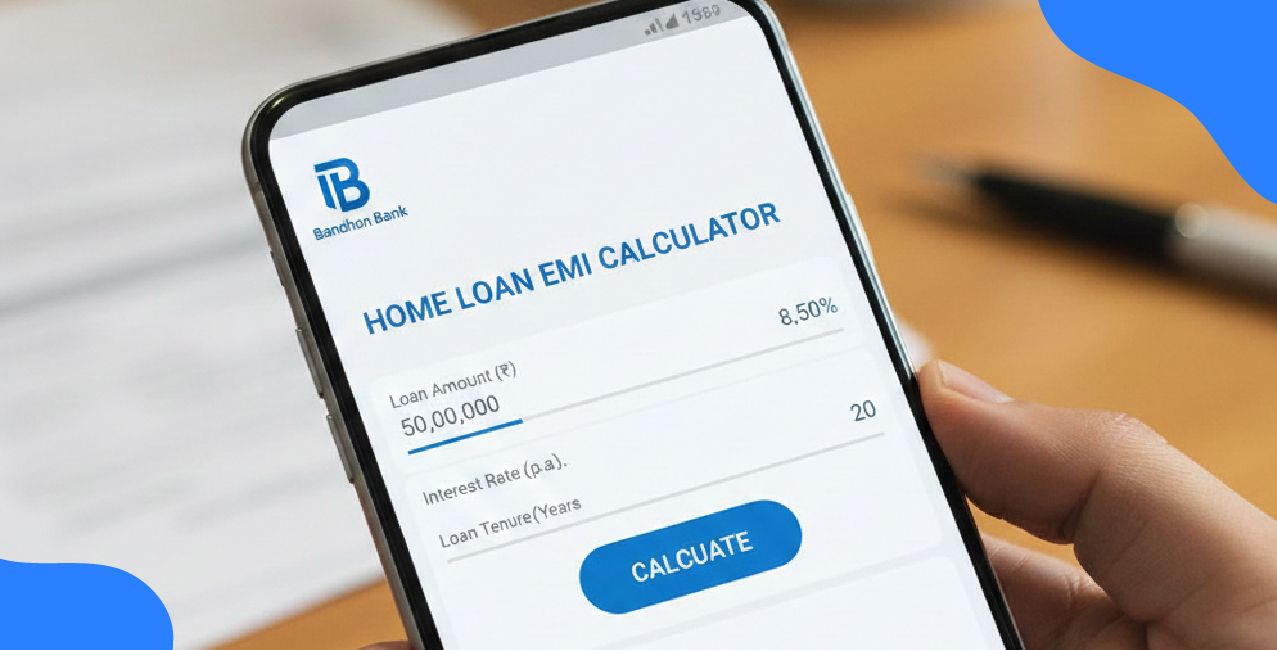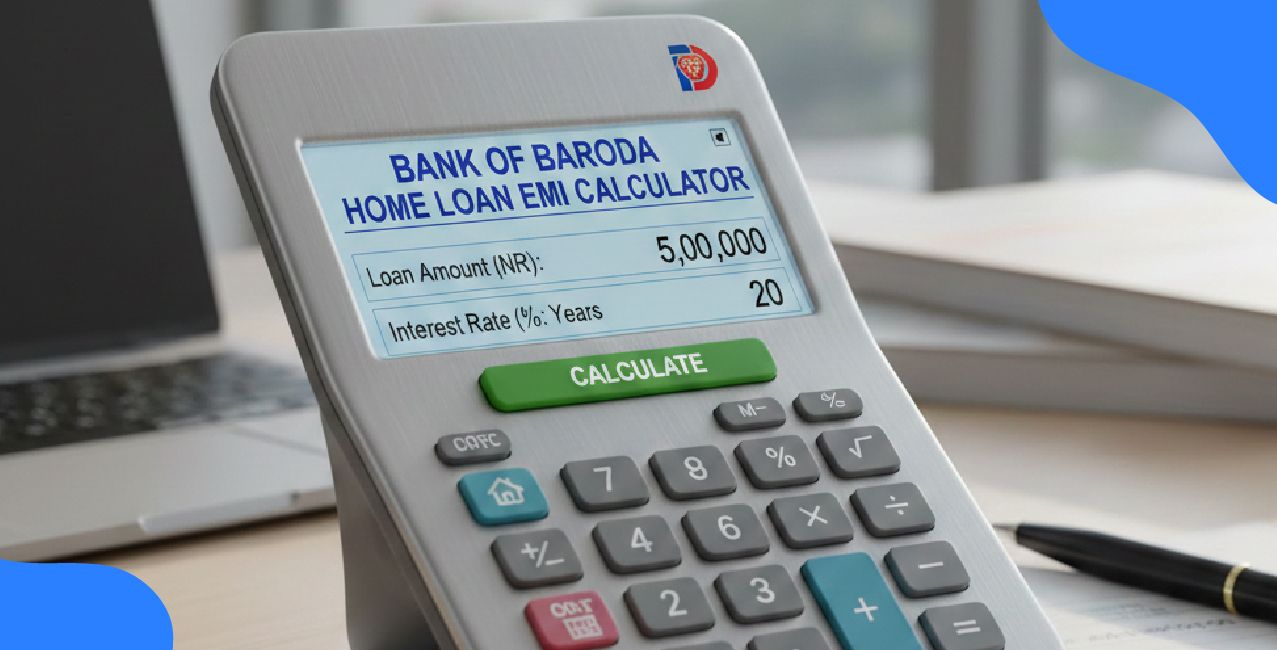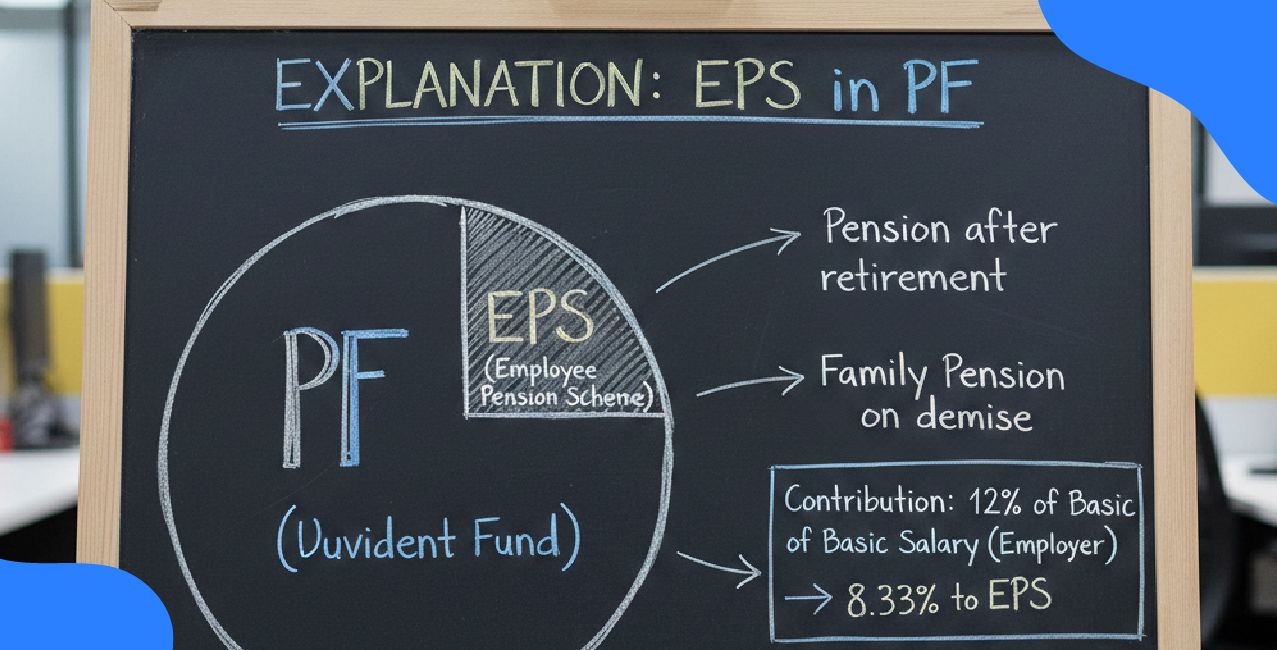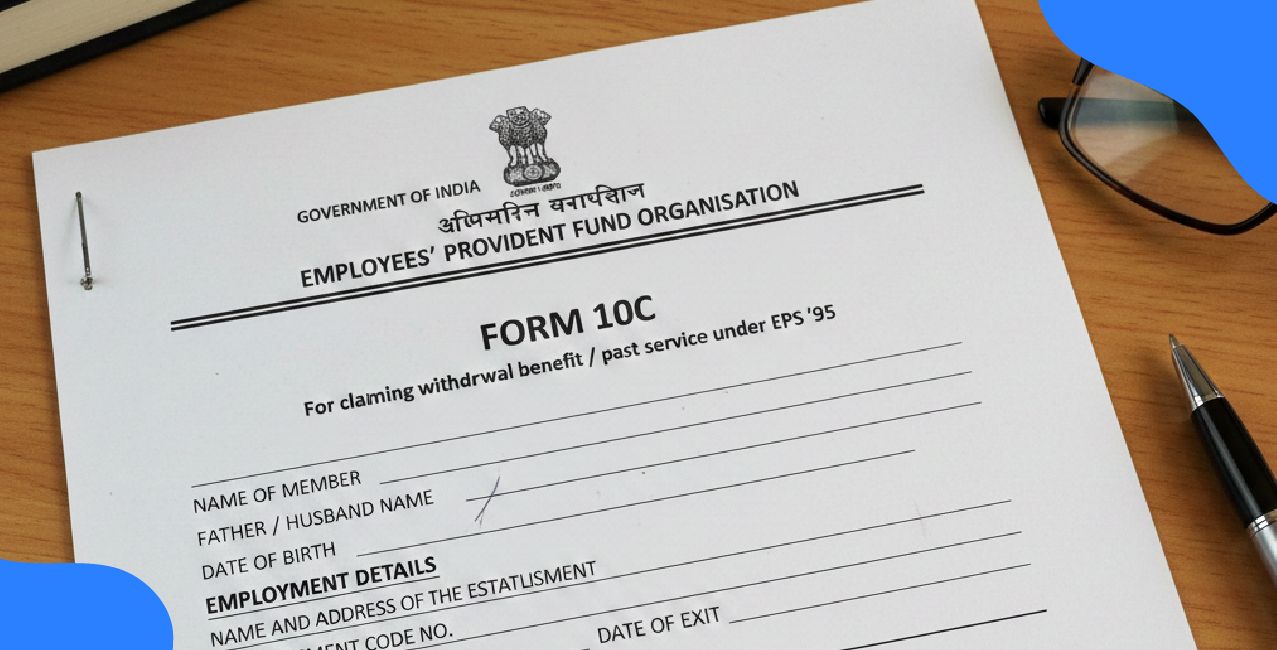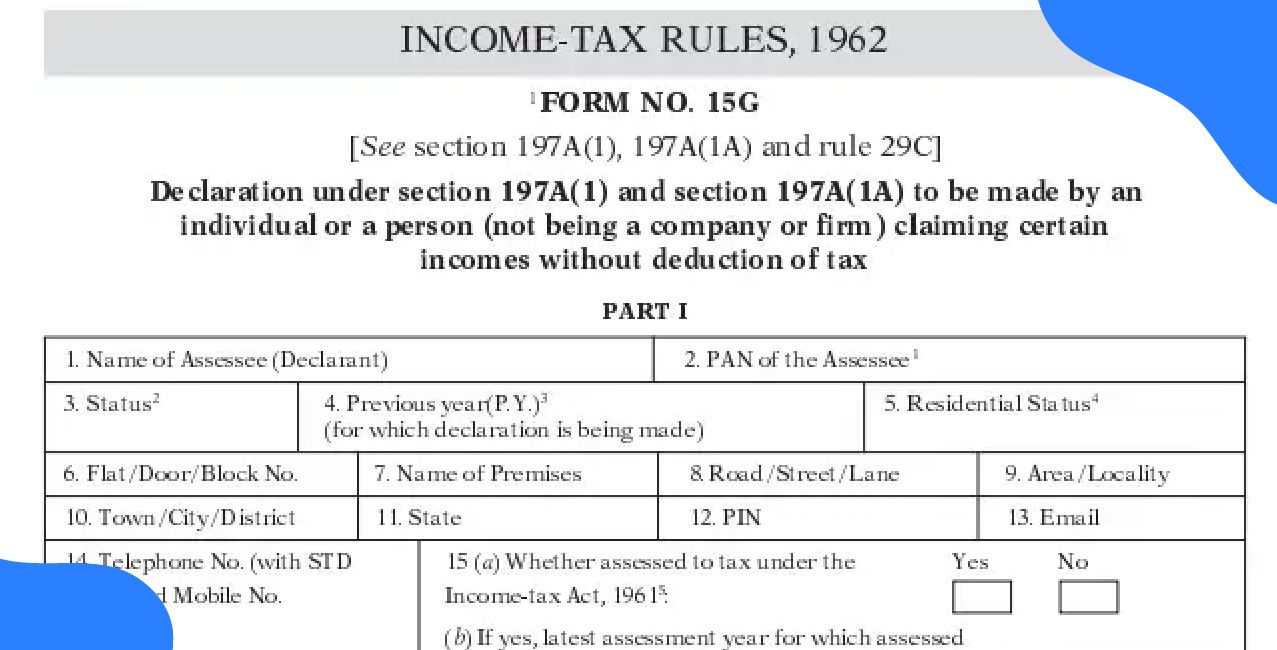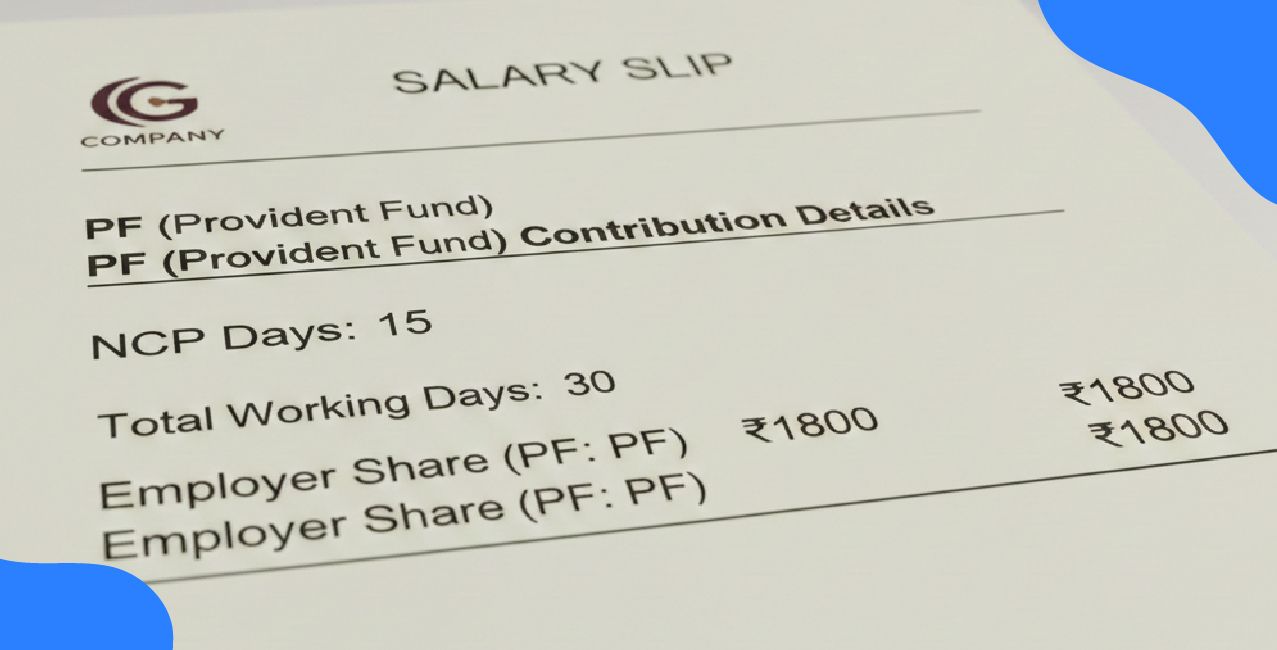What is the Forex Market? Meaning, Participants & How Trading Works
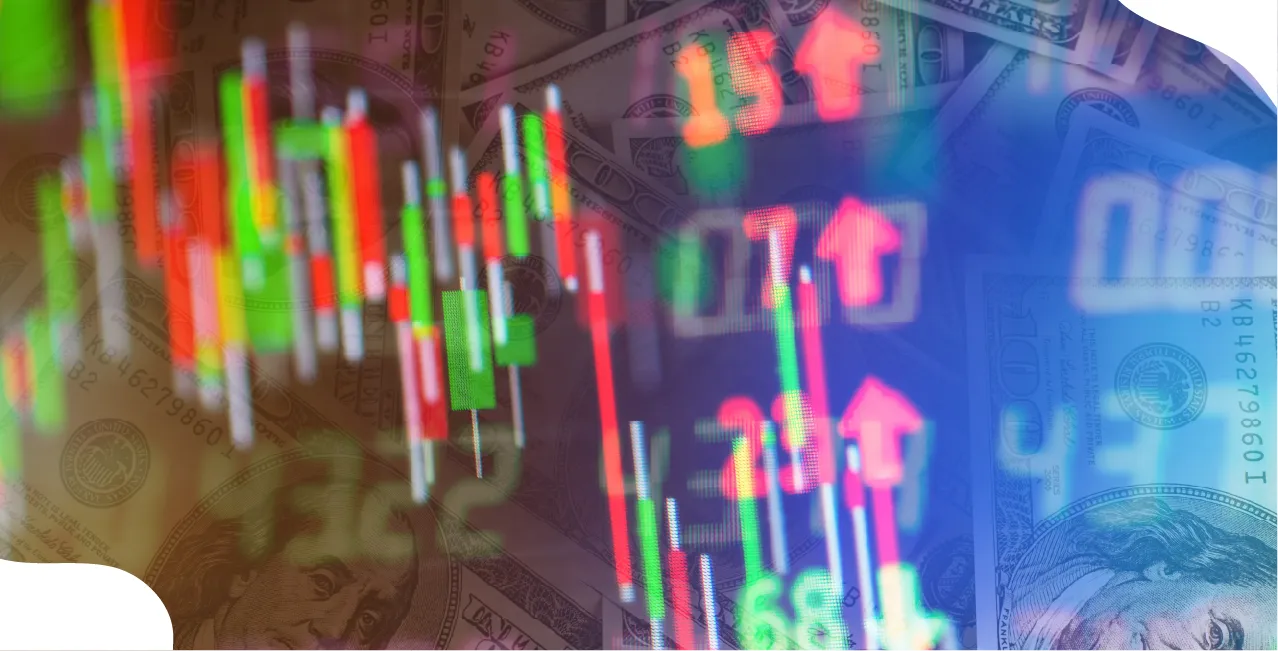
Check Your Loan Eligibility Now
By continuing, you agree to LoansJagat's Credit Report Terms of Use, Terms and Conditions, Privacy Policy, and authorize contact via Call, SMS, Email, or WhatsApp
The foreign exchange market is a global, over‑the‑counter (OTC) marketplace where participants trade one currency for another directly with each other, rather than through a central exchange, to support international trade and investment.
For example, if a UK company wants to import goods from the US, it might need to exchange £100,000 for US dollars. At an exchange rate of 1 GBP = 1.30 USD, the company would receive 130,000 dollars. In this blog, you are going to learn about the meaning of the Forex market, who the main participants are, and how trading works in this massive global system.
Why is the Forex Market Important?
The Forex market plays a vital role in several key areas:
1. Facilitating International Trade
Businesses need to convert currencies to pay for imports and receive payments for exports. When the exchange rate is stable and transparent, firms can plan prices and contracts more confidently. According to UK government analysis, invoicing currencies, global supply chains and exchange rate stability all help smooth trade by reducing price shocks and uncertainty.
2. Supporting International Travel
Travellers use Forex to exchange currencies; for instance, tourists from India convert rupees to pounds before visiting the UK. Reliable currency markets ensure that holidaymakers get fair rates when they buy services abroad.
3. Enabling Investment and Capital Flows
Investors moving money across borders, such as in bonds, shares or property, use Forex. Countries with strong, open foreign exchange systems attract more investment and support economic growth.
4. Contributing to Economic and Price Stability
Central banks, including the Bank of England, use the Forex market to perform interventions that can smooth sudden swings in currency values. This helps keep prices and inflation under control, providing a more stable economic environment.
Example: Rajan’s Export Business
Let’s say Rajan runs a small UK company exporting gadgets to India. He agrees to sell £50,000 worth of goods to a buyer in rupees. At an exchange rate of 1 GBP = ₹105, Rajan will receive ₹5,250,000.
If the pound strengthens later to ₹110, the same buyer will only pay ₹5,500,000, an extra ₹250,000. This shows how exchange rates directly affect profits and why access to fair currency conversion is essential.
Read More –What is a Forex Card? Meaning, Benefits & How to Use Abroad
Who are the Main Participants in Forex Trading?
The Forex market includes several key participants who each play an important role:
1. Banks and Financial Institutions
Banks are the biggest players in the Forex market. They trade large amounts of currency to provide liquidity and help customers convert money for international trade and investment. The UK government states that banks set currency prices by quoting buying and selling rates to each other and their clients.
2. Central Banks and Governments
Central banks like the Reserve Bank of India sometimes intervene in the foreign exchange market to keep their currency stable. They buy or sell their own currency to control inflation or protect the economy.
3. Businesses and Corporations
Companies involved in import and export use the Forex market to pay for goods and services in foreign currencies. They also use it to manage currency risks, ensuring their profits don’t get affected by changes in exchange rates.
4. Individual Retail Traders
People trade currencies online using Forex platforms. Although smaller than banks or corporations, retail traders add to the market’s volume and liquidity.
Example: Indian Business Currency Exchange
Suppose Rajan runs a company in India that imports machinery from the UK. He needs to pay £40,000. If the exchange rate is 1 GBP = 100 INR, Rajan will pay ₹4,000,000. If the rate changes to 1 GBP = 105 INR, Rajan will have to pay ₹4,200,000, ₹200,000 more. This shows why businesses watch exchange rates closely.
How Does Forex Trading Work?
1. Currency Trading in Pairs
In the foreign exchange (Forex) market, currencies are traded in pairs such as USD/INR or EUR/INR. When someone buys one currency, they must sell another. The exchange rate tells you how much of one currency you get for the other. For example, if the USD/INR rate is 83, it means you need ₹83 to buy 1 US dollar.
2. Types of Forex Transactions
According to the RBI, there are three main types of transactions:
- Spot transactions: These are settled within two working days at the current exchange rate.
- Forward contracts: You agree today to buy or sell foreign currency at a fixed rate on a future date. Businesses use this to manage exchange rate risk.
- Swap transactions: This involves two parts. One is a spot or forward purchase, and the other is a reverse sale at a later date. RBI sometimes uses swaps to manage rupee liquidity.
3. Market Timings and Participants
In India, Forex trading happens during regular banking hours, typically from 9 AM to 5 PM, Monday to Friday. The main participants are:
- Authorised Dealers (mostly banks) approved by the RBI.
- Businesses, importers, and exporters who need to exchange currencies.
- Retail traders who invest through regulated platforms.
- RBI itself may buy or sell foreign currency to reduce extreme volatility.
4. Pricing: Bid, Ask and Spread
Banks quote two prices for each currency.
- The bid price is what the bank will pay to buy the currency from you.
- The ask price is what you must pay to buy the currency from the bank.
The spread is the difference between the two prices and represents the bank’s profit and service charge.
Example: Indian Importer Anil
Anil imports electronic parts from the USA. He needs to pay 20,000 dollars to his supplier.
- At the current rate of 1 USD = ₹83, he must pay ₹1,660,000.
- If the rupee weakens and the rate becomes ₹85 per dollar, he will need ₹1,700,000.
- To avoid this risk, Anil signs a forward contract at ₹83. Even if the rate changes, he will still pay only ₹1,660,000.
This helps him plan his costs better and avoid losses from exchange rate changes.
Also Read - Best Zero Forex Markup Credit Cards in 2025
Key Terms and Concepts in Forex You Should Know
Here are the key terms which you may need for a better understanding of the concepts:
By learning these basic terms, you can better understand how Forex works and trade more confidently.
Conclusion
The Forex market connects people, businesses and governments across the world by allowing them to exchange currencies. Understanding how it works helps you trade smarter and manage risks more confidently.
FAQs
1. Can I trade Forex from my phone in India?
Yes, many RBI-regulated platforms offer mobile apps where you can trade safely from your phone.
2. Do I need a lot of money to start Forex trading?
No, you can start with a small amount using margin or demo accounts to practise.
3. Is Forex trading legal in India?
Yes, but only through authorised dealers and for specific currency pairs approved by the RBI.
4. Can I lose more money than I invest in Forex?
Yes, if you use high leverage and the trade goes against you, you can lose more than your deposit.
Other Related Pages | |||
About the author

LoansJagat Team
Contributor‘Simplify Finance for Everyone.’ This is the common goal of our team, as we try to explain any topic with relatable examples. From personal to business finance, managing EMIs to becoming debt-free, we do extensive research on each and every parameter, so you don’t have to. Scroll up and have a look at what 15+ years of experience in the BFSI sector looks like.
Subscribe Now
Related Blog Post
Recent Blogs
All Topics
Contents
Quick Apply Loan
Consolidate your debts into one easy EMI.
Takes less than 2 minutes. No paperwork.
10 Lakhs+
Trusted Customers
2000 Cr+
Loans Disbursed
4.7/5
Google Reviews
20+
Banks & NBFCs Offers
Other services mentioned in this article



